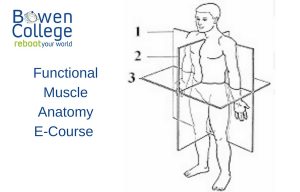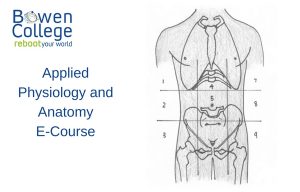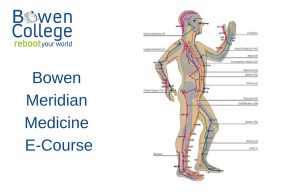In last post we looked at the connections between the brain and immune system. This led to reflection on the role of the vagus nerve and its role in this process. This led us to question whether it was possible to communicate with the vagus nerve so as to decrease inflammation. In the answer, in fact, is that yes it is possible. Acupuncture, relaxation therapy and biofeedback have been show to evoke vagus nerve response. (https://pubmed.ncbi.nlm.nih.gov/19258380/ Johnston, G.R. 2009, p.453-62)
The vagus nerve starts at the brain stem and connects to the stomach and lungs. I think everyone has experienced firsthand how perceived stress affects our stomach and respiratory system. It is hardly surprising then that the attitude and way in which we eat and breathe affects the health of our immune system.
Emotions trigger physiological changes in the body, which then, particularly through the neuro-hormonal circuits, trigger feedback loops to the brain. We know that “stress” can be triggered emotionally, as well as by an infectious agent. The pathways the body uses to cope with the stressors are the same. Both infectious agents (noted in the body) and acute stressors (prompting our “fight or flight” reaction) engage neural, immune and hormonal pathways that respond quickly to achieve homeostasis.
Chronic diseases and “stress” are pandemic in our societies. It is a rare patient whose medical issue is not compounded by multifaceted circumstances and reactions in the body. The body’s processes affect the mind, and simultaneously the mind’s processes affect the body, but through different pathways. The two major pathways involved in this cross-talk are the hypothalamus-pituitary-adrenal axis and the sympathetic nervous system. We’ll look at these in detail next.









